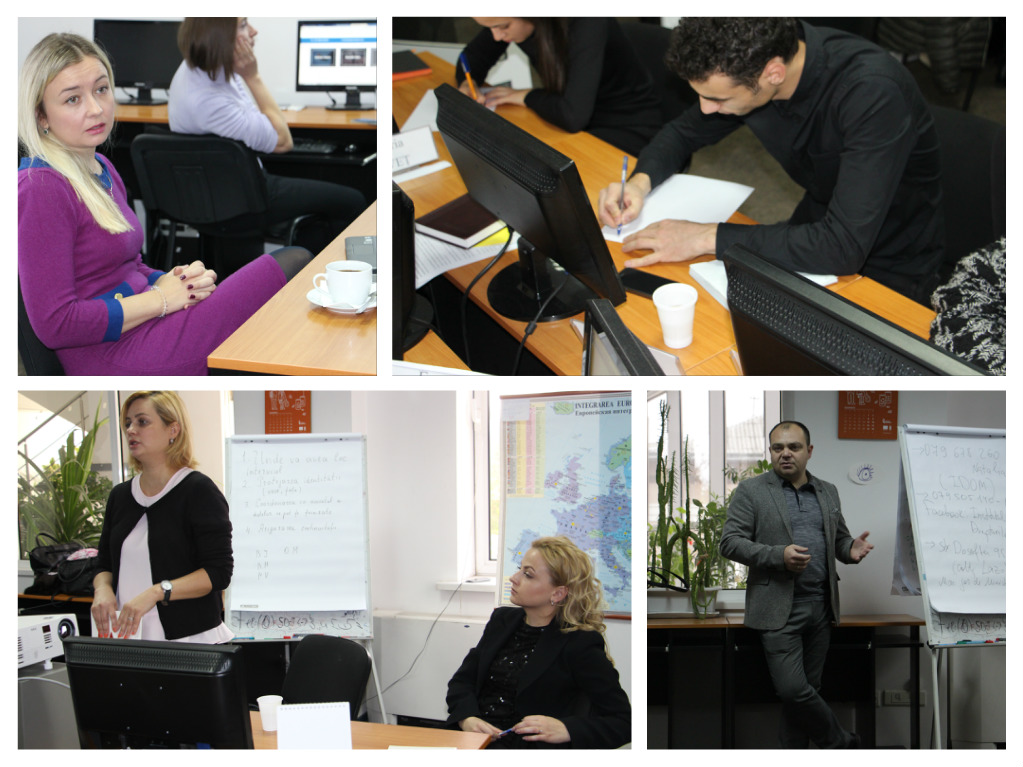Media Law, the Course Teaching Journalists Responsibility

What is a topic of public interest? When must a journalist disclose his sources? In what cases can access to information be limited? What is state secret? When can a child be interviewed? How are broadcasting licenses issued? These are just some of the questions that the SAJ students sought and found answers to at the course of Media Law. Lawyer Tatiana Puiu was the one to initiate them into articles and laws.
Media Law is a mainly theoretical module, with the study being focused of the fundamentals of law and good practices in the activities of mass media. The course lasted five days, during which young people studied various laws and articles directly related to the work of a journalist. Tatiana Puiu shared with them details about the laws that regulate the operation of the press in Moldova, gave examples of good European practices in the fields of mass media and freedom of expression, and explained the role and position of the European Court of Human Rights in disputes targeting the media.
During the course, students also had some special guests. Representatives of the Moldovan Institute for Human Rights (IDOM) – lawyer Olesea Doronceanu and coordinator of the Litigation&Advocacy program Natalia Mardari-Grebencea – spoke with future journalists about stigmatization and media coverage of persons with HIV/AIDS. According to them, the effects of discrimination against this category of people are dramatic not only for those who are stigmatized, but also for those who discriminate. In this context, Natalia Mardari mentioned that persons with HIV/AIDS will always be tempted to hide this diagnosis, avoid going to the doctor, and falsify their medical records, which “might endanger not only their health and life, but also those around them.”
Another guest of the SAJ was the deputy chairman of the Central Electoral Commission, Nicolae Damaschin. He spoke with students about the work and duties of the Broadcasting Coordinating Council, about security of the information space, and about the situation of the media in the country. The topic that sparked controversy was the one related to the monitoring of the election campaign. According to the CEC representative, since broadcasters know that penalties are insignificant, they consciously break the law.
Currently, the SAJ is having the course of Radio Journalism. The module will last about three weeks, during which students will work in the mode of an editorial office.
